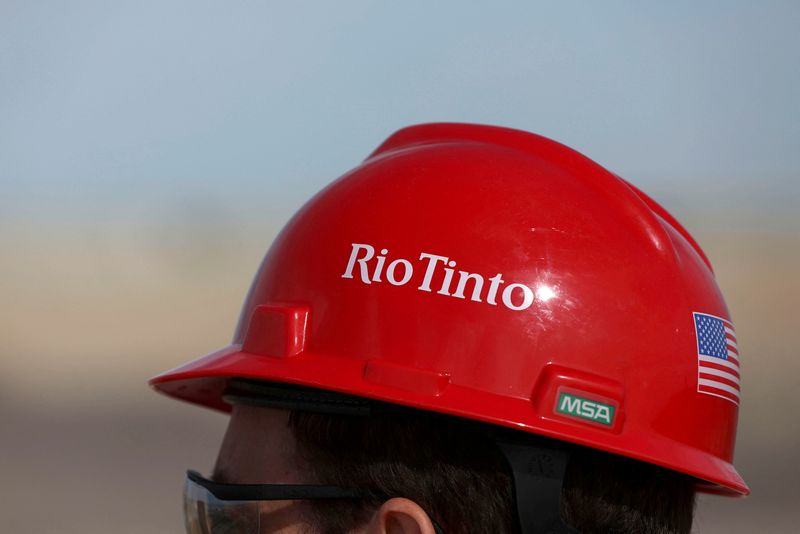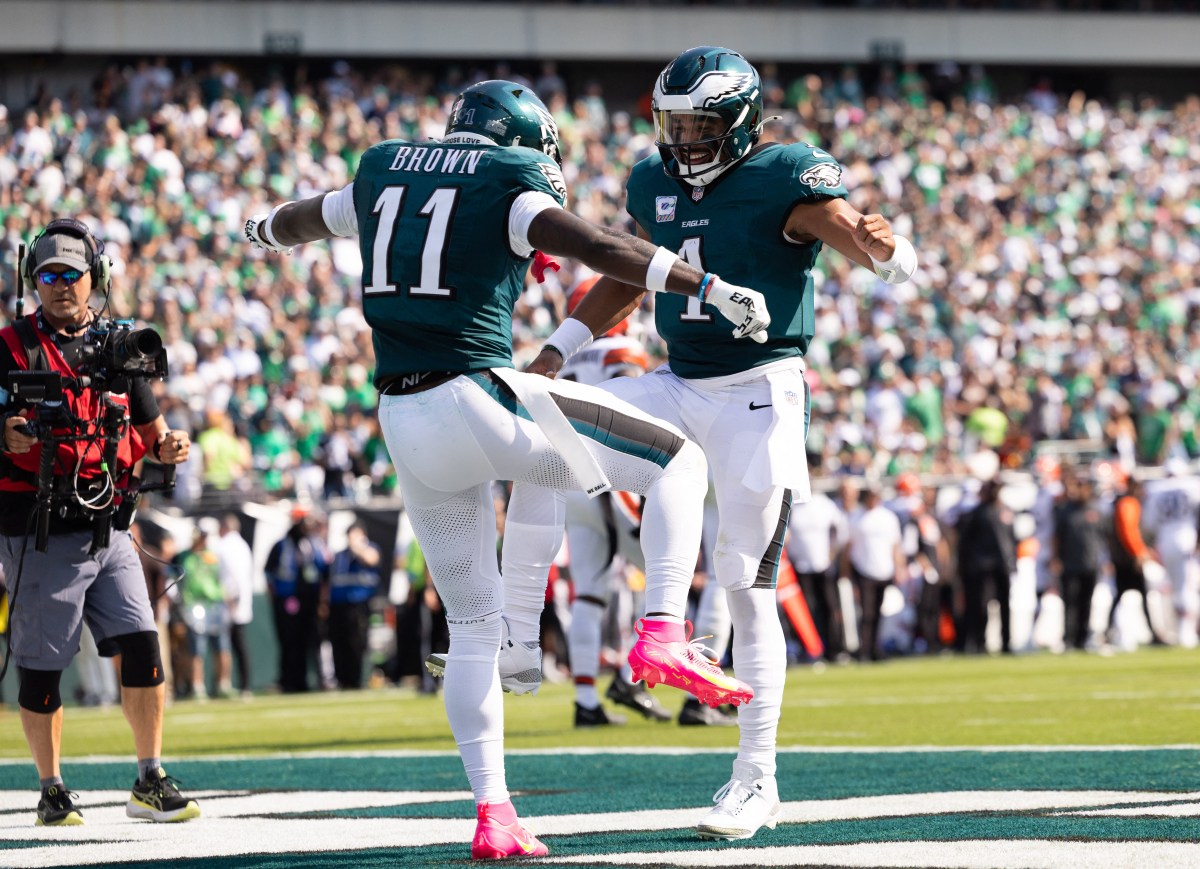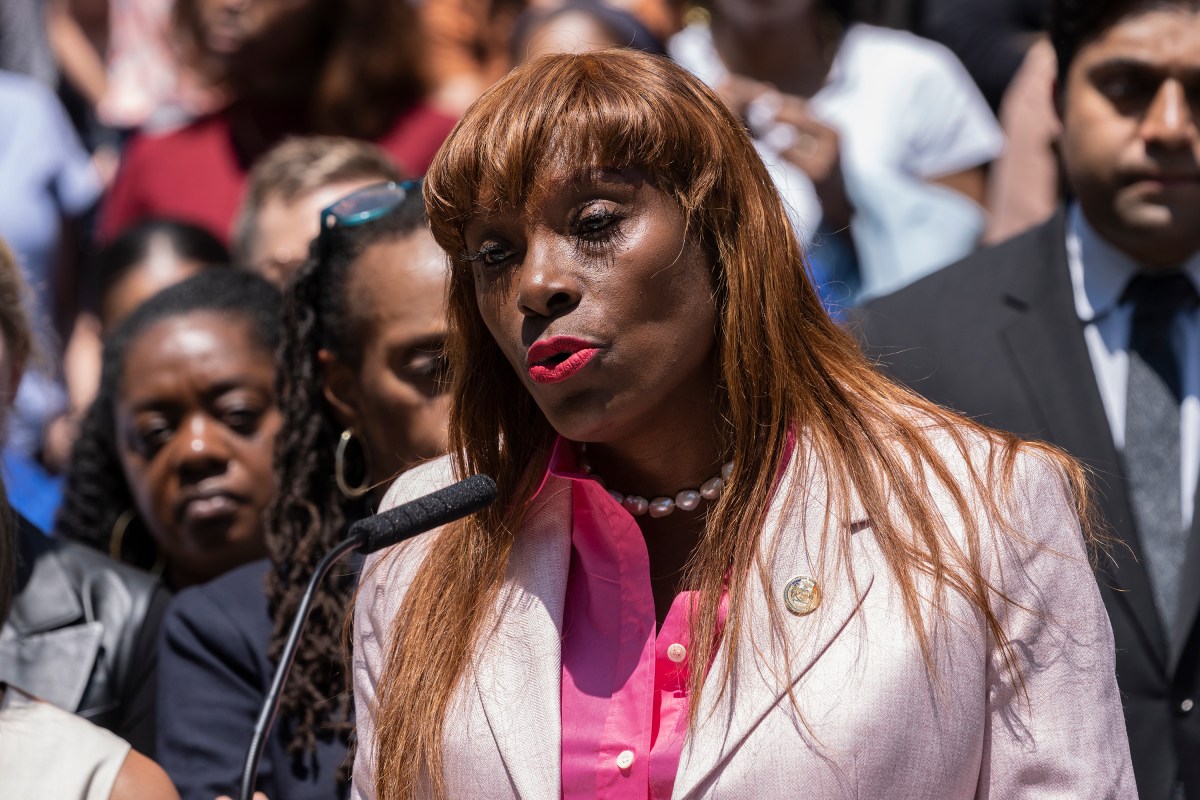LONDON/JOHANNESBURG (Reuters) – The incoming chairman of Rio Tinto will review the position of CEO Jakob Stausholm to determine whether he is suitable to lead an overhaul of the company’s toxic work culture, two people familiar with the matter said.
Dominic Barton, a former diplomat who takes up the role of chairman in May, could remove Stausholm if he decides Rio would be better served by a leader who was not in the upper echelons of the organisation in recent years, the sources told Reuters.
It was Stausholm who commissioned an external report, released by Rio on Jan. 31, that shone a light on a company culture rife with sexual harassment, racism and bullying over the past five years, including 21 allegations of rape, attempted rape or sexual assault. The report, which was based on the experiences and views of more than 10,000 employees, did not ascribe individual blame to any executive or worker.
Rio Tinto declined to comment further on the culture of bullying and on whether the board has confidence in Stausholm and the company’s management. It referred queries back to a Reuters interview with Stausholm on Feb. 1, shortly after the report was released. Rio said Barton, who joins the board in April, was not available to comment.
“What we are saying today, very loud and clear, is what constitutes acceptable and not acceptable behaviour and we will not tolerate non-acceptable behaviour and we will deal with that,” the CEO said at the time.
“In a way that’s kind of the easier part. The more difficult part is to address the root causes,” said Stausholm, adding that he would push for change “now I know what I know”.
Stausholm didn’t respond to an emailed request for comment.
Rio Tinto won praise from many investors for publishing the damning 85-page report by former Australian sex discrimination commissioner Elizabeth Broderick, and pledging to implement all 26 recommendations, including creating an independent confidential unit to address reports of harmful behaviour.
The two sources, who declined to be named due to the sensitivity of the matter, said Barton had not yet made a judgment on Stausholm’s position.
Barton will weigh whether the fact Stausholm has held senior management roles since 2018 – during some of the time covered by the report – made him unsuitable to lead a clean-up of the company’s culture, according to the people. The CEO previously served as Rio Tinto’s chief financial officer and executive director.
“I don’t think you can say the culture came from him (Stausholm) in any way, shape or form,” said Ian Woodley, senior mining analyst at Old Mutual Investment Group, an investor in Rio Tinto. “If anything I think it probably reflects quite well on him that they’ve been open and upfront about it.”
DESTRUCTION OF CAVES
Stausholm was vaulted into Rio’s top job in 2021 after his predecessor Jean-Sebastien Jacques and two deputies left the company in an executive cull prompted by another scandal: a public and political backlash over Rio Tinto’s destruction of 46,000-year-old sacred Indigenous rock shelters in Juukan Gorge, Australia, to expand an iron ore mine. Rio said last year that it would work with the leadership of local groups to agree an appropriate remedy for the destruction of the caves.
Rio’s chairman of four years Simon Thompson subsequently said he would step down in April, bowing to investor pressure over the same issue, to be replaced by Barton.
Stausholm’s elevation to CEO came as a surprise to some investors and industry watchers who had expected the 149-year-old mining company to opt for an external hire to help to turn a fresh page.
The two sources said Rio had struggled to attract suitable external candidates who could take the role at relatively short notice amid the Juukan Gorge furore.
Furthermore, Stausholm’s initiation of the probe into the company’s culture, coupled with possible board reluctance to have yet another leadership change – he is Rio’s fourth CEO in nine years – may give him breathing room, the sources said.
“This culture that has been hidden is beginning to surface, and it’s not pretty. (But) we are heartened by the fact that Rio has come out in the open, it has laid it bare. We are still to see what action Rio is going to take,” said Glen Mpufane, director of mining at IndustriALL, a union federation that represents millions of industrial workers around the world.
(Additional reporting by Praveen Menon in Wellington and Ernest Scheyder in Houston; Editing by Amran Abocar and Pravin Char)






















